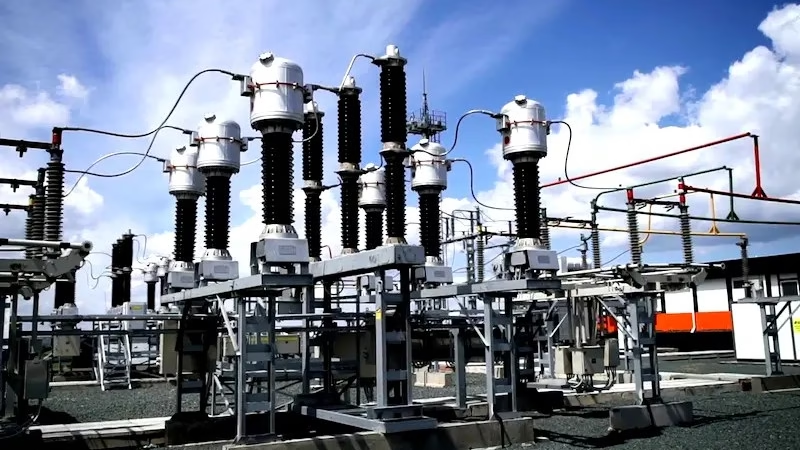Lagos, Rivers, FCT Take 70% VAT Proceeds, That’s Unfair – FIRS Boss

The distribution of 70% of value-added tax (VAT) revenues to Lagos, Rivers, and the Federal Capital Territory (FCT) has been characterized as unjust to the other 34 states by Dr. Zacch Adedeji, Chairman of the Federal Inland Revenue Service (FIRS).
Adedeji disclosed that he approved 42% of October VAT revenues to Lagos State last Friday during an interactive session with House of Representatives members on the proposed tax reform bills on Monday.
Adedeji made the case that Nigeria is not best served by the current VAT distribution structure in response to northern lawmakers’ worries about possible drawbacks for their states under the proposed tax reforms.
He pointed out that the existing structure permits the FCT (10%), Lagos (42%), Rivers (16%), and Oyo (5.2%) to take more than 70% of VAT revenues, mostly due to the fact that many revenue-generating businesses have their headquarters in these areas.
Adedeji criticized the arrangement, pointing out that 70% of Nigerians who use these companies’ goods and services are dispersed throughout the nation.
He used MTN, a significant mobile telecommunications network, as an example, which, despite its services being used all over the country, contributes the most VAT to Lagos.
“What the bill seeks to correct is that the existing structure does not represent the interest of either the President or the nation,” Adedeji said.
“Today, I just signed the data on VAT for October. Lagos will take 42% of the VAT, Rivers will take 16%, Oyo State will take 5.2%, and the FCT will take 10%. Go and check; these three states are taking more than 70%. Why? Because those are the places where the head offices of those companies are.
“As we know, 70% of consumption is not accruing to those three states. So, whatever way you look at it, apart from Lagos, Rivers, and FCT, every northern state would benefit. That is the Bill being presented.
“If you look at it, MTN contributed the highest, but because MTN’s head office is in Lagos, all derivation from MTN is accruing to Lagos. With this Bill, irrespective of the economic situation of any state in Nigeria, all states would benefit.”
Adedeji expressed concern over the disparity, noting that states like Borno and Bauchi collect only 0.32% and 0.4% of VAT proceeds, respectively, compared to Lagos’ 42%.
“Any day I sign it, I don’t feel like I am a Nigerian because this is not what we represent in our prayer as a nation. That is why, in the wisdom of Mr. President, we need to change this structure,” he stated.
The head of FIRS promised lawmakers that a fair distribution of VAT revenues based on consumption would be guaranteed by the proposed tax reform bills.
Although there were differing views during the session, lawmakers applauded his remarks. Adamu Yusuf Gagdi (APC, Plateau) and Babajimi Benson (APC, Lagos) voiced worries about how the reforms would affect their states.
Gagdi questioned how VAT revenues linked to consumption and other import-related taxes could help Northern residents who have been displaced by conflict. Adedeji called for equitable resource distribution throughout the federation and reaffirmed the need for the reforms.



